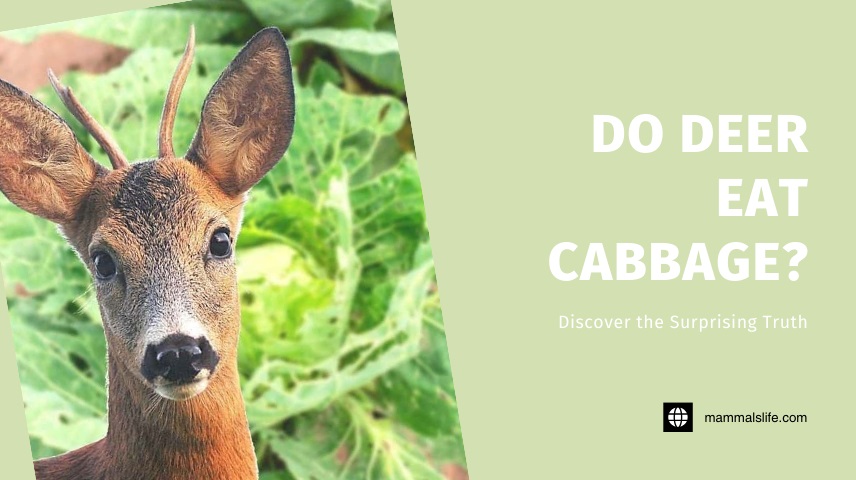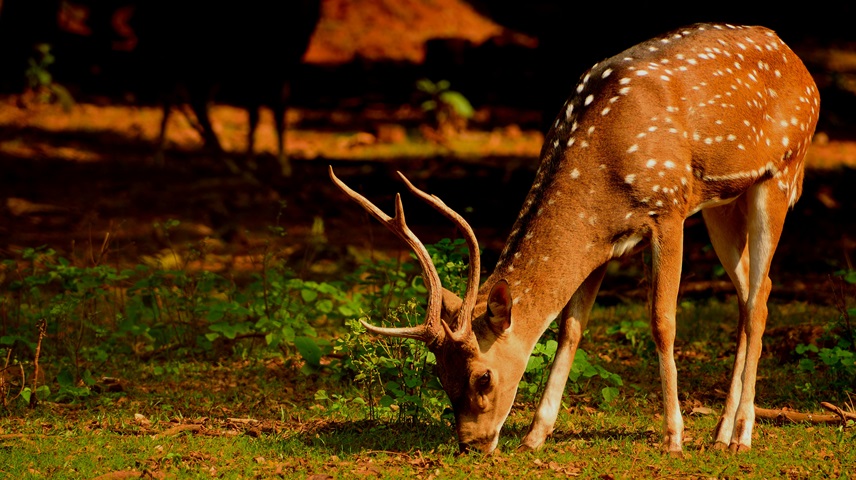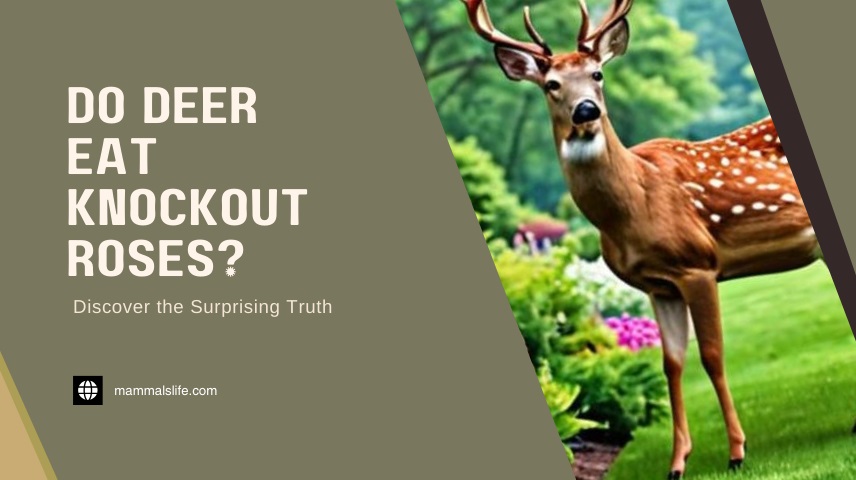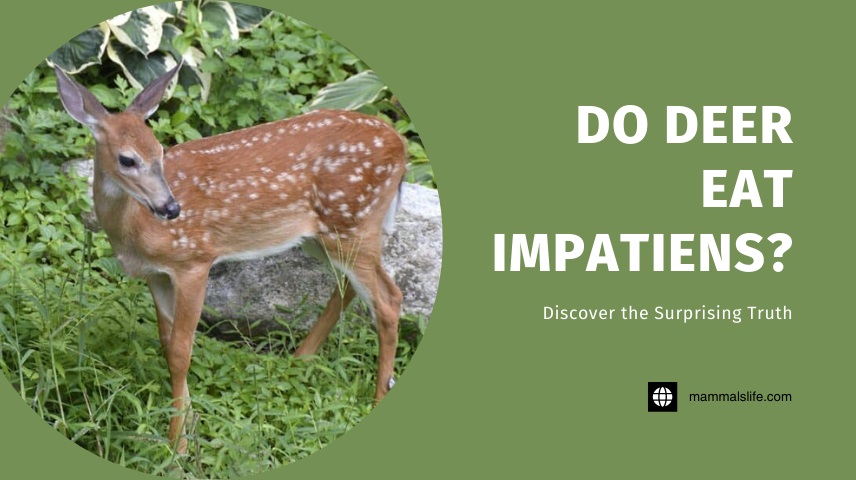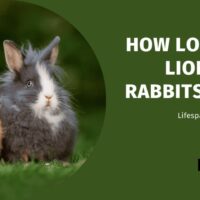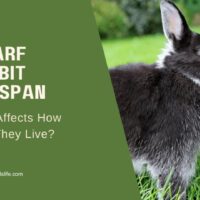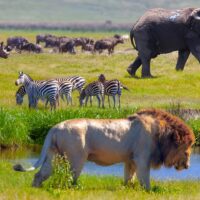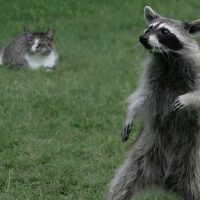Yes, deer eat cabbage. They find it palatable and often forage in gardens for this vegetable.
Deer are herbivores, feeding on a variety of plants, including vegetables. Cabbage is among their favorites due to its leafy texture and nutritional value. Gardeners often face challenges with deer munching on their cabbage patches. To protect your garden, consider using deer repellents or fencing.
Understanding deer behavior helps in devising effective strategies to keep them away. Deer primarily feed during dawn and dusk, making these times critical for monitoring your garden. By taking preventative measures, you can safeguard your cabbage and other plants from these persistent foragers. Balancing wildlife and gardening requires smart planning and vigilance.
Deer’s Diet In The Wild
Deer have a diverse diet in the wild. They adapt to the changing seasons and available food sources. Their diet includes a variety of plants, shrubs, and trees.
Natural Food Sources
Deer eat a wide range of natural food sources. They love grasses, leaves, and fruits. Here’s a list of what they typically consume:
- Grasses
- Leaves
- Fruits
- Twigs
- Acorns
Deer also enjoy eating nuts and berries. They often forage in forests and fields.
Seasonal Variations
Deer’s diet changes with the seasons. In spring, they eat fresh grass and leaves. In summer, they enjoy a variety of fruits and berries.
| Season | Food Source |
|---|---|
| Spring | Fresh Grass, Leaves |
| Summer | Fruits, Berries |
| Fall | Acorns, Nuts |
| Winter | Twigs, Bark |
In fall, they eat acorns and nuts to build fat. During winter, they rely on twigs and bark.
Read More – Do Deer Eat Ornamental Cabbage? Nutritional Value, Alternative Plants
Cabbage And Deer
Deer are known for their varied diet. They graze on plants, shrubs, and crops. One common question is: Do deer eat cabbage? Understanding the relationship between cabbage and deer can help gardeners protect their crops.
Nutritional Value
Cabbage is rich in essential nutrients. It contains vitamins C and K, and fiber. These nutrients are beneficial for deer. They provide energy and promote healthy growth. Cabbage also has a high water content. This helps keep deer hydrated.
Attraction Factors
Several factors attract deer to cabbage. First, the smell of cabbage is appealing to them. Deer have a strong sense of smell. They can detect cabbage from a distance.
Second, cabbage has a tender texture. This makes it easy for deer to chew and digest. Lastly, cabbage plants are often found in gardens and fields. These areas are accessible to deer, making cabbage an easy target.
Protecting Your Cabbage
To protect your cabbage, consider using barriers. Fences can keep deer out of gardens. You can also use deer repellents. These products make cabbage less appealing to deer.
Another method is planting deer-resistant plants. These can act as a natural barrier. Examples include lavender and marigolds. These plants have strong scents that deer dislike.
Impact On Gardens
Deer are beautiful creatures, but they can wreak havoc on gardens. Cabbage, in particular, is a favorite snack for these animals. The damage caused by deer can be extensive, impacting both the health of your plants and your hard work.
Damage To Crops
Deer are not picky eaters. They will munch on almost any garden plant. Cabbage is often targeted because of its tender leaves. Deer can eat an entire cabbage plant in one night. This can destroy your garden’s productivity.
| Type of Damage | Description |
|---|---|
| Leaf Damage | Deer will eat the leaves, leaving holes. |
| Stem Damage | Deer may break stems while feeding. |
| Overall Plant Health | Repeated feeding weakens the plant. |
Signs Of Deer Presence
Knowing the signs of deer presence can help you protect your garden.
- Tracks: Deer tracks are heart-shaped and about 2-3 inches long.
- Droppings: Deer droppings look like small, dark pellets.
- Chewed Plants: Look for jagged edges on leaves and stems.
- Trampled Soil: Deer can leave paths of flattened soil.
Use these tips to identify deer activity early. This can save your cabbage and other plants from extensive damage.
Read More – Do Deer Eat Ornamental Grasses? Protecting Garden, Alternative Plants
Preventing Deer From Eating Cabbage
Deer love munching on cabbage. Their presence can destroy your garden. Luckily, you can take steps to protect your crops.
Fencing Solutions
A strong fence is the best way to keep deer out. Deer can jump high, so your fence should be at least 8 feet tall. Use materials like wire mesh or electric fencing. Make sure the fence is sturdy and well-anchored.
- Use a wire mesh fence.
- Consider electric fencing for extra protection.
- Ensure the fence is 8 feet tall.
Natural Deterrents
Natural deterrents can also help protect your cabbage. Planting strong-smelling herbs around your garden can keep deer away. Some effective plants include garlic, rosemary, and lavender.
You can also use homemade sprays. Mix water with ingredients like hot pepper or vinegar. Spray this mixture on your cabbage leaves. The strong smell and taste will repel deer.
| Natural Deterrent | How to Use |
|---|---|
| Garlic | Plant around garden |
| Rosemary | Plant around garden |
| Lavender | Plant around garden |
| Hot Pepper Spray | Spray on cabbage leaves |
| Vinegar Spray | Spray on cabbage leaves |
Balancing Ecosystem And Agriculture
Deer are beautiful creatures and play a key role in our ecosystem. But they can cause problems for farmers by eating crops like cabbage. Finding a balance between nature and farming is important. This balance keeps both wildlife and crops healthy.
Sustainable Practices
Farmers use sustainable practices to protect their crops and the environment. These methods help keep deer away without harming them. For example:
- Fencing: Using strong fences to keep deer out.
- Repellents: Spraying natural substances that deer don’t like.
- Crop Rotation: Changing the types of crops grown each season.
These methods help farmers grow healthy crops and protect the environment. They also ensure deer have enough natural food sources.
Community Efforts
Communities work together to solve the problem of deer-eating crops. Local groups and farmers share ideas and resources. They create plans to protect both wildlife and agriculture. Some community efforts include:
- Educational Programs: Teaching farmers about sustainable practices.
- Wildlife Management: Monitoring deer populations to prevent overpopulation.
- Community Gardens: Growing crops in shared spaces with protective measures.
These efforts help create a balanced ecosystem where both deer and crops can thrive.
Read More – Do Deer Eat Tomatoes? Signs, Preventing, Deer-resistant Plants
Frequently Asked Questions
Do Deer Eat Cabbage Plants?
Yes, deer enjoy eating cabbage plants, especially during the early growing stages.
How To Protect Cabbage From Deer?
Use fencing, deer repellents, or netting to keep deer away from cabbage plants.
What Vegetables Do Deer Eat?
Deer eat a variety of vegetables, including cabbage, lettuce, and beans.
Are Deer Attracted To Cabbage?
Yes, deer are attracted to the scent and taste of cabbage leaves.
Can Deer Damage Cabbage Crops?
Deer can cause significant damage to cabbage crops by eating leaves and tramping plants.
What Time Of Year Do Deer Eat Cabbage?
Deer typically eat cabbage in late spring and early summer when plants are tender.
Conclusion
Deer do eat cabbage, especially in gardens and farms. Protect your crops with fencing or repellents. Understanding deer behavior can help safeguard your produce. Keep your garden secure and enjoy a bountiful harvest. Stay vigilant and employ effective strategies to deter these graceful but hungry creatures.

